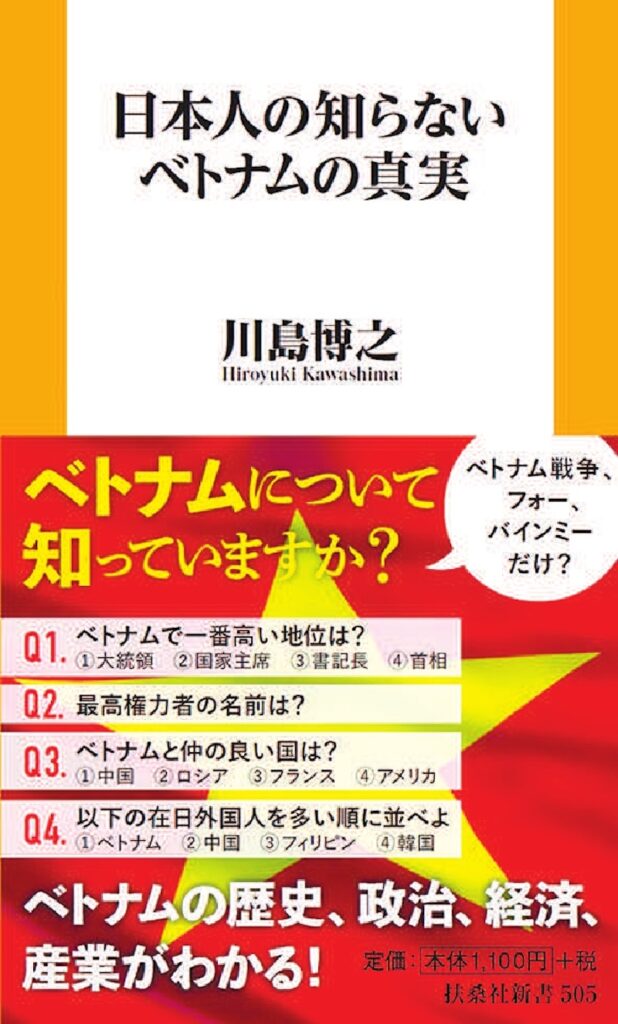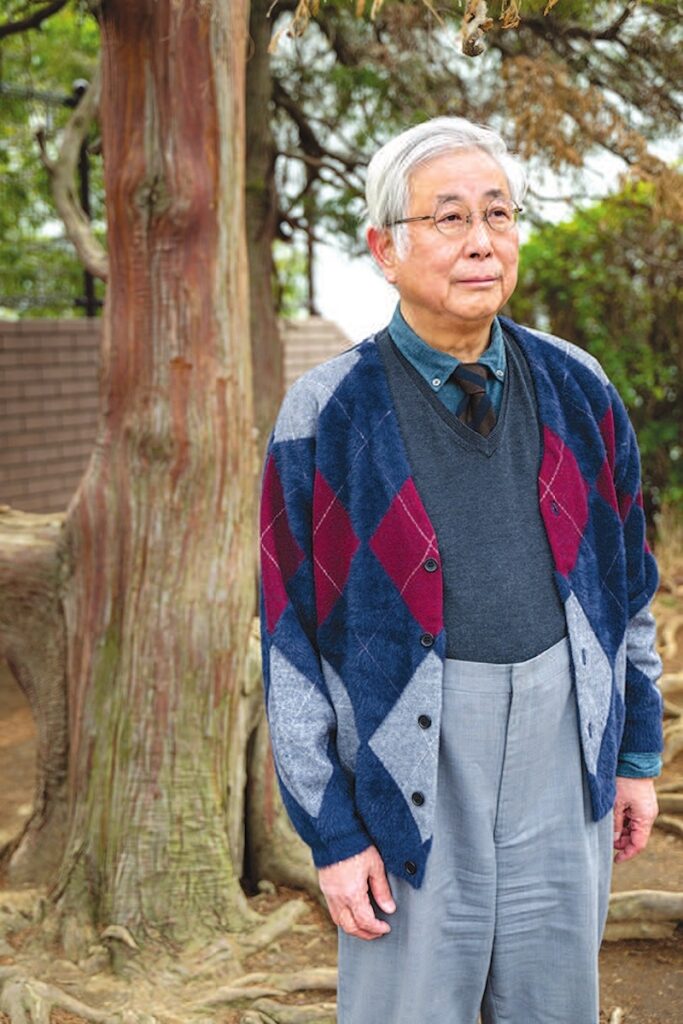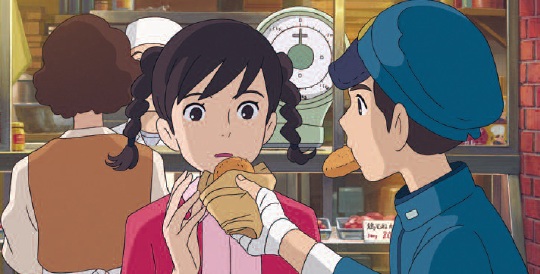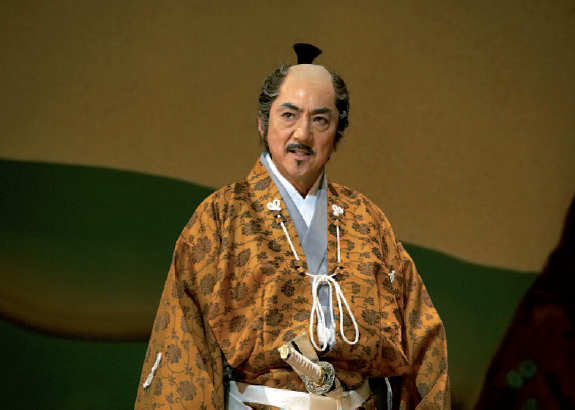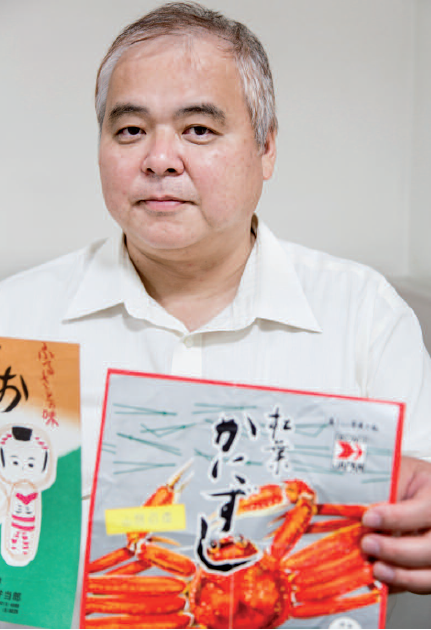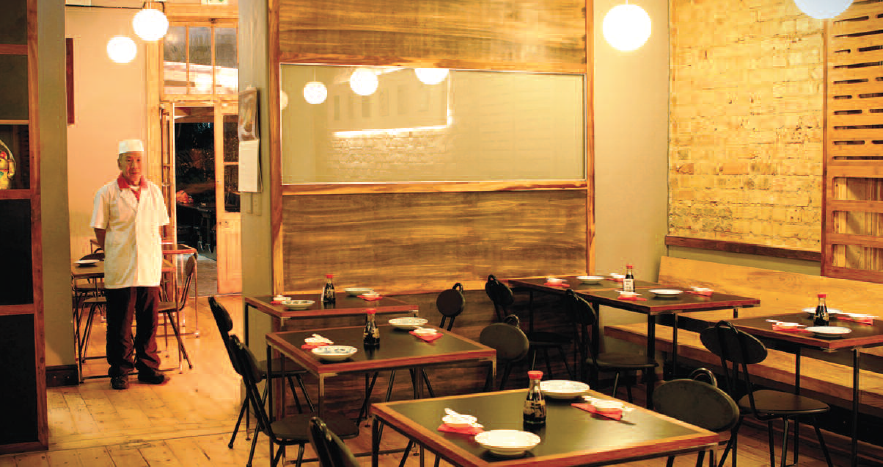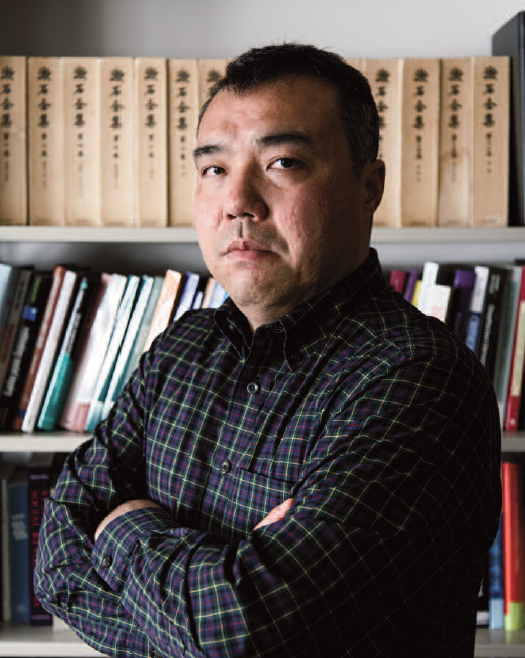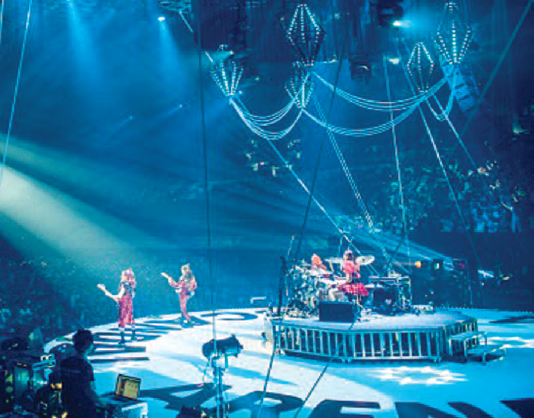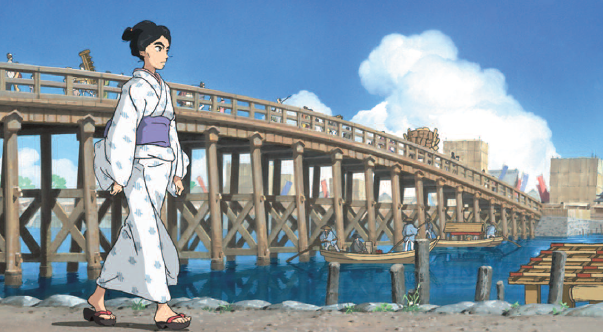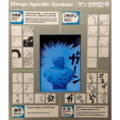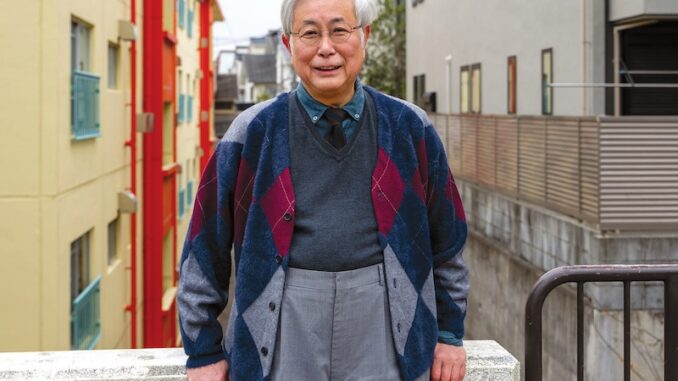
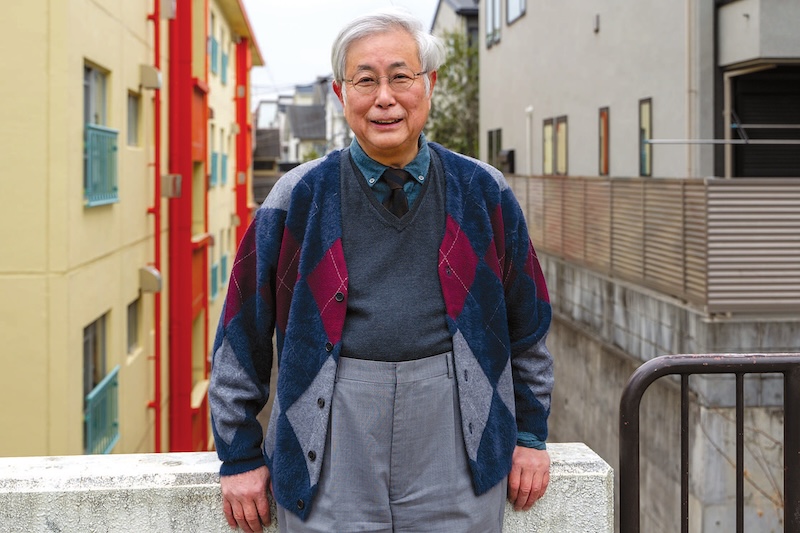
Despite historical ties and a shared cultural closeness, Japan seems to be losing interest in Vietnam.
In 2023, Japan and Vietnam celebrated the 50th anniversary of the establishment of diplomatic relations. However, the bond between the two countries runs much deeper. I talked about their past, present, and future relations with Kawashima Hiroyuki, an expert in economic development who currently works as a consultant for Vietnamese conglomerate Vingroup. Kawashima has authored several books about Vietnam and Asia including Nihonjin no shiranai Betonamu no shinjitsu (The Truth about Vietnam that Japanese People Don’t Know).
How has Japan’s relationship with Vietnam evolved over time?
Historically, the first exchanges seem to date back to the Edo period, several hundred years ago. However, they are not of great relevance and are little known. More importantly, Japan occupied Vietnam during World War II just when Vietnam was trying to gain independence from France. At that time, Japan had already invaded China, and the United States and the United Kingdom were sending aid materials to Chongqing via Vietnam to support the Chiang Kai-shek government. In order to prevent this, Japan occupied Hanoi and its surrounding areas in 1940. There are still some Vietnamese who remember this. However, the Japanese occupation was not as traumatic as in other Asian countries, and since it occurred almost a hundred years ago, most Vietnamese people are rather unconcerned about it. Another reason, of course, is that historical memory in Vietnam mainly focuses on the Vietnam War (or the American War, as it is called there). So, I have never met a Vietnamese complaining about the Japanese occupation.
Another thing to consider is that, yes, Japan occupied Vietnam from 1940 to 1945, but at the time, the war against China, its main enemy, was stretching out the country’s finances and logistics. Japan couldn’t afford to occupy Vietnam completely. Therefore, eventually they came to co-rule the country with France’s Vichy Government, headed by Marshal Petain. In practical terms, Japan hardly interfered in Vietnam’s internal affairs. For example, they didn’t provide Japanese education or anything like that, like they did in Korea and Taiwan.
Vietnam has fought many wars against China, Cambodia, and, most famously, America. During the Vietnam War of the 1960s and 70s, Japan played a significant supporting role, providing American troops with financial aid and supplies. However, it did not participate directly in the war, so I don’t think the Vietnamese consider Japan as an aggressor. On the contrary, everybody knows that Japan used Official Development Assistance (ODA) to build bridges and railways in the 1990s and help their country financially, especially from the 2000s to 2010. Japan even assisted Vietnam in building the Ho Chi Minh City subway, and they are very grateful.
In that sense, the relationship between Japan and Vietnam is good. I am currently an advisor to a Vietnamese company, and I have never been the object of any ill feelings just because I am Japanese. On the contrary, many people respect me and show a positive attitude because of my nationality.
Vietnamese people usually can’t tell Japanese and Koreans apart. Currently, there are many Koreans in Vietnam, and when I go to a restaurant, the staff often think I am Korean. However, when they realize that I am Japanese, they are surprisingly kind to me. Some people are very blunt and say things like, “I hate Koreans, but I like Japanese people.”
The reason for their bad feelings toward Koreans is that South Korea, differently from Japan, participated in the Vietnam War and sent about 300,000 troops to fight in South Vietnam. There were many cases when Korean soldiers massacred Vietnamese people. South Korea has never officially apologized for it. If anything, it has maintained an attitude that nothing like that happened.
As you know, in Japan/South Korea relations, comfort women and other issues related to the occupation have become problems, and South Korea often demands that Japan apologize more and pay compensation. Vietnam, however, has never had such an attitude toward South Korea. There have been cases where individuals have sued the Korean military, but the government has taken a relatively calm attitude. I think this is because Vietnam’s current position internationally is not very strong, and they need Korean investments.
As I said, Vietnam has fought many wars over the past 2,000 years and has been invaded by China many times. Each time, they have made many sacrifices. In that sense, I think they feel that war is just the way it is and there is nothing they can do about it. That’s my general impression from my six years working for Vietnamese companies.
You recently said that Japan and Vietnam are similar, almost like brothers. Were you referring to their cultural similarities?
Yes. First of all, Japan and Vietnam are close to China and both people once used Chinese characters. Currently, Vietnam does not use kanji, but for example, President Ho Chi Minh used to write in the classical Chinese style.
Another thing that Japan and Vietnam have in common is religion. They both received Mahayana Buddhism through China and, compared to Christians and Muslims, have a looser attitude to religion. For example, people in Japan are baptized at a Shinto shrine while funerals take place in Buddhist temples, and now many people like to celebrate their weddings Christian-style. It is exactly the same for the Vietnamese. So, neither nation has a strong attachment to religion. Their attitude toward life is very similar.
There is more. Basically, both Japan and Vietnam are rice-growing countries. In China, the area south of the Yangtze River grows rice, while Beijing and its surroundings are a wheat-growing region. That means that the temperament and way of thinking of people in the north and south of China are quite different. In that sense, Vietnam is like Japan since rice is grown everywhere. Unlike people who eat wheat, people who eat rice have to keep the rice paddies watered all the time, so they have to cooperate with the other villagers to manage the irrigation channels. This creates a strong sense of solidarity and collaboration within the village. In a sense, Japan and Vietnam’s mentality is a village society. They are strongly connected to the people who live around them.
This is also reflected in the political world. My impression is that it’s difficult for a single dictator to emerge in a rice-based society because of the way village life is organized. In Japanese history, there have not been many dictators. The power is always held by a few people, and even if a strong dictator is born (for example, Tokugawa Ieyasu, who unified Japan by force), the first ruler may have a lot of power. However, as his regime continues after his death, his family, his descendants, gradually lose control. Eventually, the Tokugawas became just symbols and authority figures, just like the Emperor, and it was people like the Roju (Elders) who carried out day-to-day politics and made all the decisions. There was always a group of Roju who shared the power. I think this form of government is unique to rice-growing cultures. On the other hand, Beijing in China is a wheat culture, and sometimes a strong person appears and seizes power, like Xi Jinping now. The United States is the same; look at Donald Trump. In European history you have people like Napoleon. However, the Japanese model is represented by the Liberal Democratic Party (LDP). There are several bosses and factions, and decisions are made through discussion. No one thinks that current Prime Minister Ishiba Shigeru is strong. From a foreigner’s perspective, neither Aso Taro nor Suga Yoshihide are particularly powerful figures. There are probably about ten influential people, and they discuss and somehow decide the direction the country should take. That’s how Japanese politics works. In this respect, it is extremely similar to Vietnam, where there are currently four leaders. Well, Tô Lâm could be seen as number one, but he is definitely not someone who decides everything like Trump. Instead, several people discuss important matters, national policies, etc. “under the table.” This is a sort of oriental mystery from the Western perspective. Especially in America, it seems that everything is discussed and decided openly. However, in Oriental societies, and especially in Japan, everything is decided at night meetings in geisha houses or something like that.
This, again, is extremely similar to Vietnam. As I go back and forth between Vietnam and Japan, I sometimes wonder why we are the same. In Vietnam, the Communist Party (CPV) has held power for many years, just like in China. Indeed, they are both one-party nations, unlike Japan. People in Japan sometimes think that Vietnamese society and politics must be like in Communist China, very stiff. However, I work for a very large Vietnamese company and often have the opportunity to meet politicians there. Their behavior is just like a Japanese LDP representative. They don’t always say what they really think. However, if you get along with them over meals, they will help you out in many ways. They make no promises but if you become friends and you have a problem, they will say, “Well, I’ll talk to him about it,” and things will go smoothly.
The CPV has close ties with the Communist Party of Japan (CPJ). Now, I’ve heard an interesting story. Once every few years, a delegation from the CPV visits Japan. On the first day, they visit the CPJ headquarters in Yoyogi in the morning but in the afternoon, they go to the LDP headquarters in Nagatacho. Then in the evening, of course, they throw a party and invite the conservatives because they are those who hold the power and the money. This is the Vietnamese Communist Party.
How do the Japanese and the Vietnamese see each other?
I’m turning 72 this year. I was born in 1953, and throughout my school years, the Vietnam War was always in the news. It was at its most intense when I was in high school. That’s when the US started bombing North Vietnam. Even in Japan, there were anti-war demonstrations. Being a teenager, I didn’t participate, but at the time, many Japanese were pro-Vietnam. It was a time when left-wing forces had a lot of power. Then, in 1975, when I was 22 and finishing college, the war ended and North Vietnam unified the country. I remember celebrating with my friends. Many young people in Japan were happy that Vietnam had won, and I was one of them.
However, after that, the civil war somehow continued and the Vietnamese government expelled many Chinese or caused them to leave the country, leading to the so-called “boat people” crisis. Many Chinese drowned in those boats. It caused a humanitarian problem. After that, the Pol Pot regime took the power in Cambodia and Vietnam invaded the country to eliminate the dictator. These two events made many Japanese change their opinion about Vietnam. While the Vietnamese had been heralded as heroes who fought against American imperialism, now they were condemned for their nationalism. All of a sudden, the Vietnamese themselves were portrayed in the media as imperialists and Vietnam’s popularity in Japan dropped dramatically. From the late 1970s through the ‘80s and ‘90s, as Vietnam became a very closed world ruled by communism, Japanese interest in Vietnam rapidly declined.
The big change occurred after 2000. Vietnam implemented a new policy, loosening its communism a little and becoming more open to China. It also became easier to get along with them as they took a similar course to China’s reform and opening-up policy. Then, in the 2000s, Japan began to support Vietnam through ODA, and we found that it was very easy to get along with them since, as I said, they are very similar to us. So the Japanese have come to like Vietnam again, and thanks to investment, our relationship with Vietnam has become very good.
Also, many Japanese products are very popular in Vietnam because of their quality. A large number of Chinese products are now exported to Vietnam but they are of poor quality and break easily. Chinese medicines are also seen as a bit scary, you don’t know what’s in them. That’s why Japanese-made products are eagerly sought. When my Vietnamese partners come to Japan, I sometimes show them around, and they all want to go to a drugstore. They say they have a long list of things their relatives have asked them to buy. Even from this perspective, it’s easy to see that Japan is seen by the Vietnamese as a trustworthy country, even though its economy is not as good as before.
Currently, what is Japan’s economic position in Vietnam?
The country with the most investments in Vietnam is currently South Korea. They are investing a lot. I’m not sure about the second one, but Singapore, Taiwan, and Hong Kong are very active, and it is thought that the source of their investment is all Chinese money, like money flows from China to Singapore and is then invested in Vietnam. Moneywise, Japan comes after China and South Korea. As I mentioned earlier, Japan’s presence in terms of investment has fallen significantly. If you look at the statistics, you can see that Japan’s investment money is now flowing to the United States, specifically American government bonds and corporate bonds. One reason is that interest rates are high in the United States. That’s why Trump doesn’t complain much about Ishiba (laughs). Most Toyota and Honda cars sold in the United States are made in America. The return for this kind of investment is quite large. On the other hand, Japanese companies think that business in Southeast Asia is somewhat inefficient. For example, about 10 years ago, Japan invested a lot in Thailand. But looking back now, it doesn’t seem to have brought about such a large return. Same thing in Vietnam.
However, the main reason for Japan’s decreasing investment in Vietnam is that its economic bubble burst in the early 1990s, and the impact of the recession became particularly felt around 2010. Until about 15 years ago, Japan was the top investor in Vietnam. But since 2010, our economic aid has decreased and Vietnam has found new friends. Today, the Vietnamese say that Japan is an “old country.” They mean that it’s not as wealthy as before. In the end, money rules everything.
Interview by Gianni Simone
To learn more about this topic check out our other articles :
N°149 [FOCUS] With the Vietnamese from Japan
N°149 [FOCUS] Tokyo : Working to Support Their Loved Ones
Follow us !

